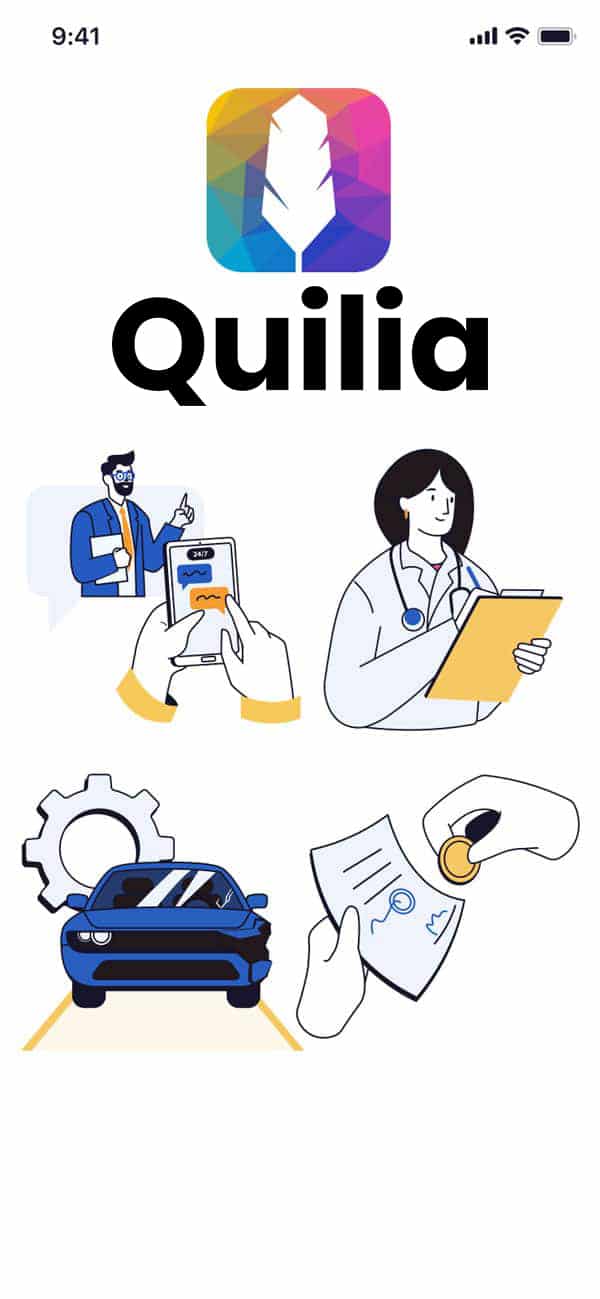Elevating Operational Efficiency in Personal Injury Law
Are you seeking ways to streamline your personal injury law practice and deliver superior service to your clients? In the intricate landscape of personal injury law, operational efficiency is not just a desirable attribute; it’s a necessity. This blog post delves into how predictive communication and client education can be a game-changer, enhancing your firm’s efficiency while elevating client satisfaction.
Facing the daily grind of inefficiencies can feel like a constant uphill battle. It’s time to embrace solutions that not only streamline your practice but also enhance your client relationships. As Socrates wisely said,
The secret of change is to focus all of your energy not on fighting the old, but on building the new.
Socrates
Let’s focus on building the new together.
Challenges of Client Communication and Education in Personal Injury
A significant portion of a personal injury attorney’s time is consumed by the necessity of client communication and education. Clients require regular updates, have queries about their cases, and need explanations about legal procedures. This process, while crucial, can be time-intensive, often involving the repetition of standard information and diverting valuable time from strategic legal tasks.
Predictive Communication and Client Education: The Solution for Personal Injury Law Firms
Predictive technology emerges as a transformative tool that can revolutionize the operational dynamics of personal injury law firms. Here’s how predictive communication and client education can be a game-changer:
- Client Communication: Predictive technology can be leveraged to anticipate client information needs, delivering timely updates and preemptively addressing their queries. This proactive approach to communication keeps clients informed, reducing their need to contact their attorney for routine information.
- Client Education: Predictive technology can be employed to educate clients about their cases. By foreseeing common questions and providing lucid explanations, predictive technology can equip clients with knowledge, reducing the onus on law firms to provide repetitive information.
FAQs on Predictive Technology in Personal Injury Law
Navigating the world of predictive technology can raise several questions. Here are some common queries that personal injury attorneys often have when considering this transformative tool:
Predictive technology uses data analysis to identify common client queries and proactively provides relevant information.
Predictive technology can provide updates on case status, legal procedures, and any other information that is frequently requested by clients.
Predictive technology can foresee common questions and provide clear explanations, thereby educating clients about their cases and the legal process.
While predictive technology can handle routine updates and common queries, it does not replace the need for personal communication on complex and unique aspects of a case.
By automating the provision of routine information and common explanations, predictive technology can significantly reduce repetitive tasks in your law firm.
How Quilia Transforms Predictive Communication and Client Education for Personal Injury Law
In a market teeming with tools, Quilia stands out as a solution meticulously crafted to meet personal injury law firms’ unique needs. By harnessing the power of predictive technology, Quilia anticipates client needs, delivering proactive communication and comprehensive education.
With Quilia, you’re not just responding to client needs—you’re anticipating them. This proactive approach boosts operational efficiency and enhances client satisfaction, as clients receive regular, timely updates and preemptive answers to their queries.
The Future of Efficiency in Personal Injury Law with Predictive Technology
In the evolving landscape of personal injury law, predictive communication and client education are not just value-adds but essential components of an efficient practice. Tools like Quilia empower firms to streamline operations, reduce overhead, and deliver superior client service. As we look towards the future, integrating predictive technology into personal injury law practices is not just an option—it’s a strategic necessity. Learn more about how maximizing client engagement can further enhance your firm’s efficiency, check out Quilia’s integrations for more information.

